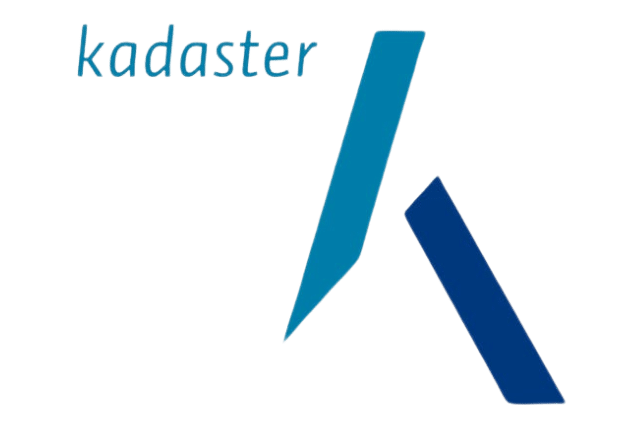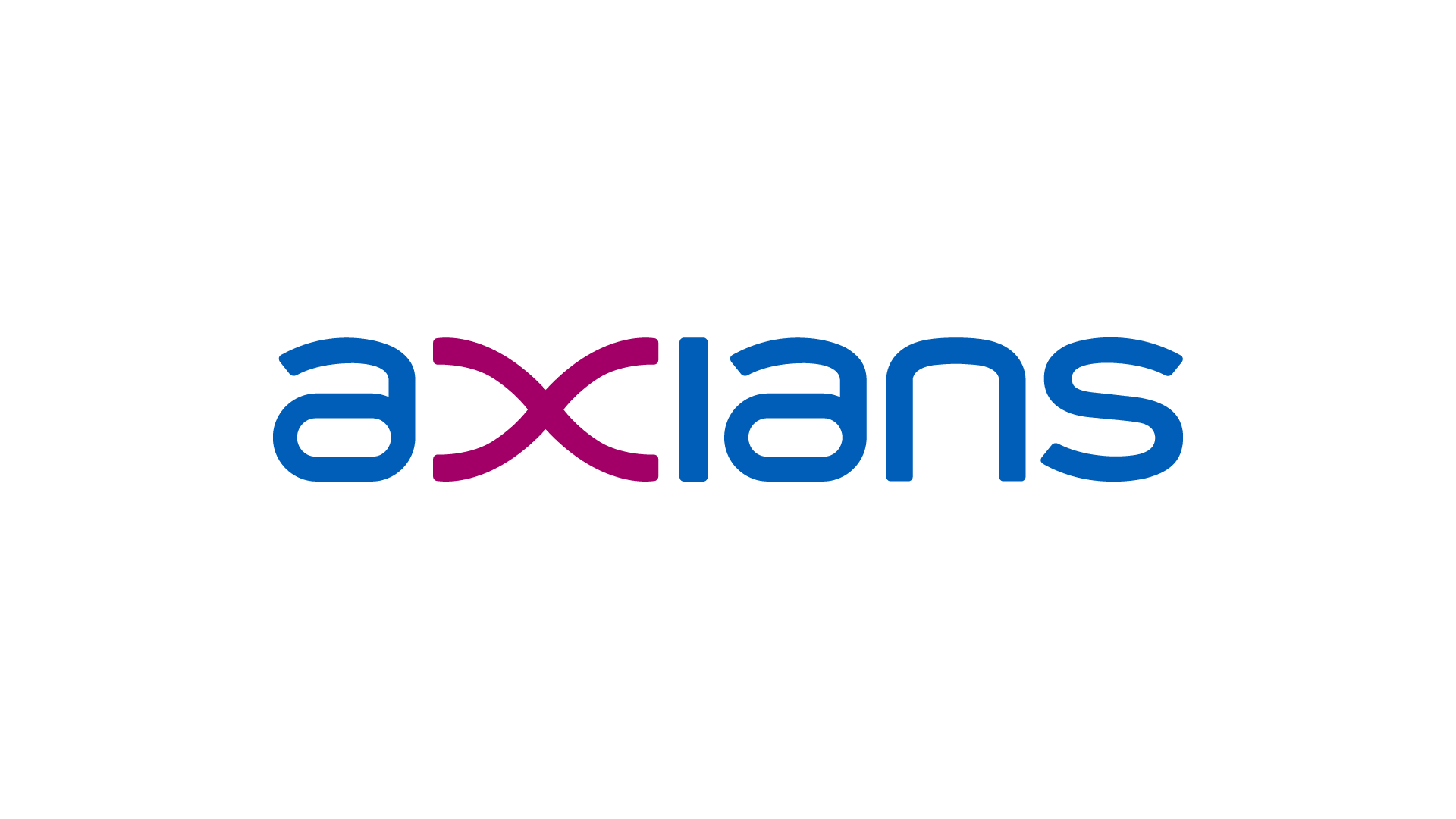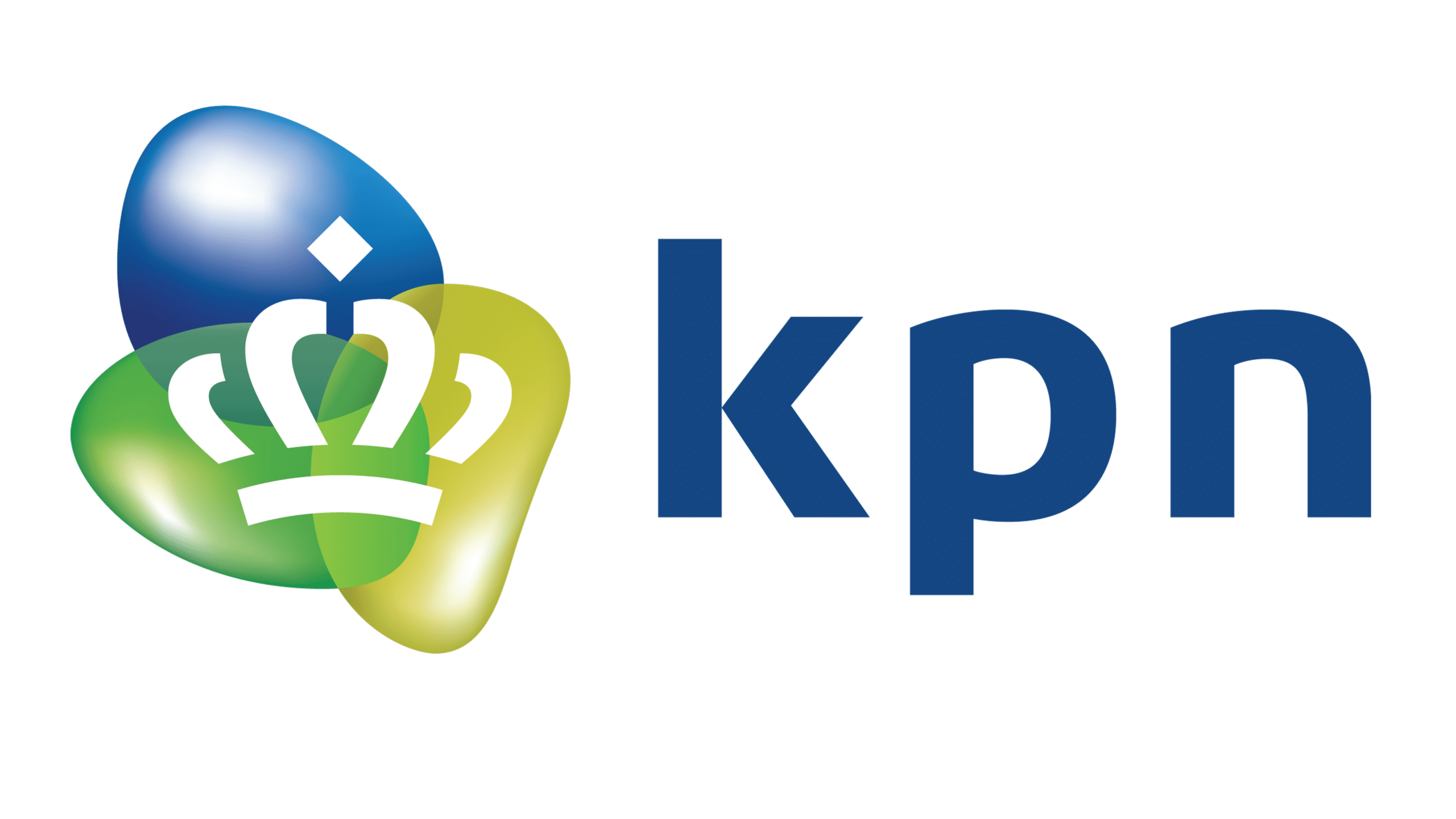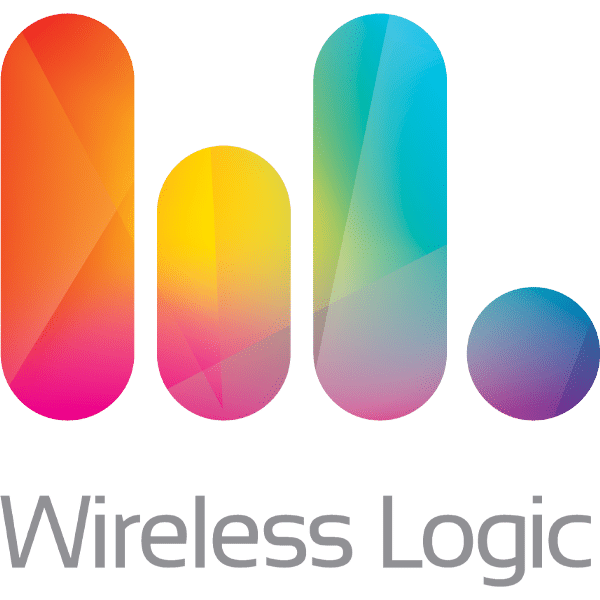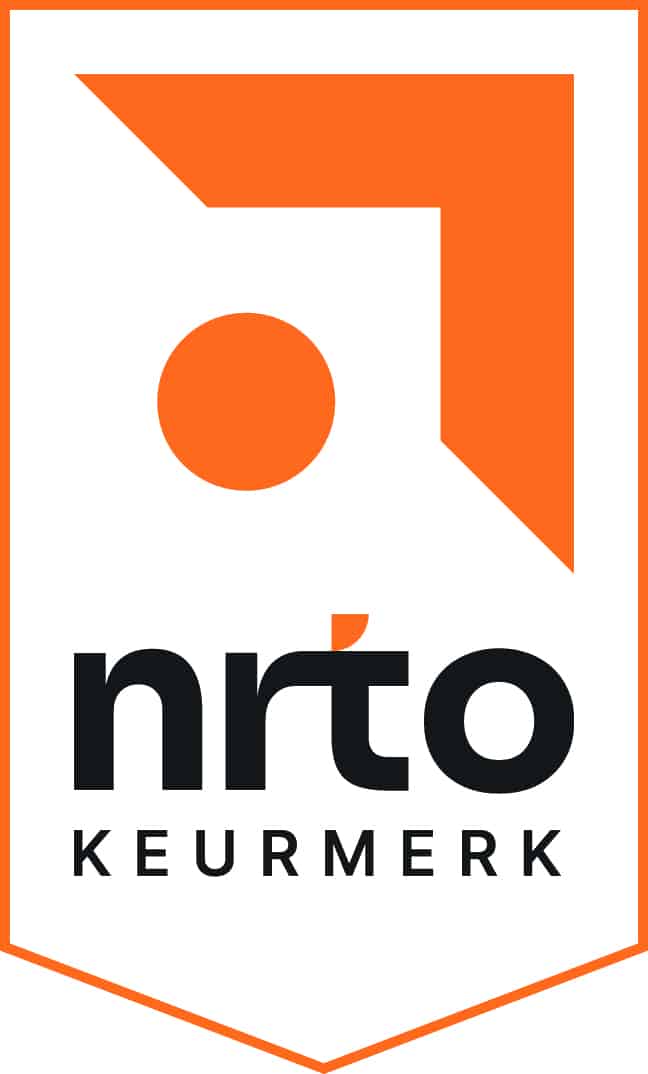Algemene omschrijving
The AI-102 E-Learning is entirely in English. As a Dutch IT training provider, we offer the information on this page in Dutch. At the bottom of the page, you will find a brief summary in English. The topics within the AI-102 E-Learning package itself are described in English.
De AI-102 E-Learning biedt softwareontwikkelaars de gelegenheid om hun kennis en vaardigheden op het gebied van het ontwikkelen van AI-toepassingen uit te breiden. Met de nadruk op Azure Cognitive Services, Azure Cognitive Search en Microsoft Bot Framework, leer je hoe jij krachtige AI-oplossingen kunt creëren. Door de AI-102 E-Learning door te nemen, zul je de benodigde technologieën toe te leren passen om intelligente en schaalbare applicaties te ontwikkelen.
Daarnaast zul je met de AI-102 E-Learning praktische vaardigheden verkrijgen door aan praktische opdrachten te werken binnen een labomgeving. Of je nu C# of Python als programmeertaal gebruikt, de AI-102 E-Learning biedt jou de benodigde hulpmiddelen om AI-applicaties effectief te implementeren. Dankzij de realistische labopdrachten zul je in staat zijn om het geleerde toe te passen binnen het bedrijfsleven.
De AI-102 E-Learning bestaat uit het AI-102 cursusmateriaal, een labomgeving (die 180 dagen toegankelijk is), een MeasureUp oefenexamen en een AI-102 examenvoucher. Hierdoor zul jij je optimaal voorbereiden op het AI-102 examen.
Doelgroep
De AI-102 E-Learning is geschikt voor verschillende professionals die zich willen specialiseren in het ontwikkelen van AI-toepassingen.
Dit betreft met name de volgende mensen:
- Softwareontwikkelaars die hun expertise uit willen breiden met betrekking tot AI-technologieën, zoals:
- Azure Cognitive Services.
- Azure Cognitive Search.
- Microsoft Bot Framework.
- Programmeurs die vertrouwd zijn met C# of Python en die willen leren hoe zij AI-oplossingen kunnen implementeren.
- Beginnende AI-specialisten die een sterke basis willen verkrijgen in het ontwikkelen van intelligente en schaalbare AI-toepassingen binnen Microsoft Azure.
- ICT-professionals die werkzaam zijn binnen AI-gerelateerde sectoren en die kunstmatige intelligentie (AI) willen integreren in bedrijfsprocessen, zoals:
- Gezondheidszorg.
- Financiën.
- Productie.
- Detailhandel.
Wat is inbegrepen
De AI-102 E-Learning biedt softwareontwikkelaars een complete leerervaring waarin zij alles leren wat nodig is om AI-toepassingen te ontwikkelen en zich voor te bereiden op het AI-102 examen.
Hier is een overzicht van de inhoud van de AI-102 E-Learning:
- AI-102 cursusmateriaal
- Het AI-102 cursusmateriaal bestaat uit gedetailleerde en toegankelijke lesstof over het ontwikkelen van AI-oplossingen met behulp van Azure Cognitive Services, Azure Cognitive Search en Microsoft Bot Framework.
- Praktische labopdrachten
- Verkrijg 180 dagen lang toegang tot een realistische en interactieve labomgeving waarin je aan praktische opdrachten kunt werken.
- MeasureUp oefenexamen
- Met een MeasureUp oefenexamen kun jij jouw kennis toetsen en je optimaal voorbereiden op het daadwerkelijke AI-102 examen.
- AI-102 examenvoucher
- Met een AI-102 examenvoucher kun je het AI-102 examen afleggen en de AI-102 certificering behalen.
Voorkennis
Voordat jij begint met de AI-102 E-Learning raden wij aan dat jij over de volgende kennis en vaardigheden beschikt:
- Diepgaande kennis van Microsoft Azure
- Om het maximale uit de AI-102 E-Learning te halen, is het van belang dat je bekend bent met Microsoft Azure. Dit omvat niet alleen theoretische kennis, maar ook praktische ervaring met het Azure-portaal. Deze vaardigheid is cruciaal voor het begrijpen en toepassen van de leerstof in realistische situaties.
- Programmeerervaring met C# of Python
- Programmeerervaring met C# of Python is een belangrijke voorwaarde. Deze programmeertalen zijn onmisbaar bij het ontwerpen en het implementeren van effectieve AI-oplossingen binnen Microsoft Azure. Kennis van deze talen stelt je in staat om de technische aspecten van de AI-102 E-Learning volledig te begrijpen en toe te passen.
- Bekendheid met JSON en REST
- Ervaring met JSON en REST-programmeersemantiek is essentieel. Deze technologieën zijn de ruggengraat van de hedendaagse webontwikkeling en AI-toepassingen. Met ervaring kun je effectief communiceren met APIs en gegevens verwerken, wat een belangrijke vaardigheid als jij met Azure AI wilt werken.
Onderwerpen
AI-102 | Module 1: Inleiding tot AI op Azure
Kunstmatige Intelligentie (AI) vormt steeds vaker de kern van moderne apps en diensten. In deze module leer je over enkele veelvoorkomende AI-mogelijkheden die je in je apps kunt integreren en hoe deze mogelijkheden worden geïmplementeerd in Microsoft Azure. Je leert ook over enkele overwegingen voor het verantwoord ontwerpen en implementeren van AI-oplossingen.
Onderwerpen:
- Inleiding tot Kunstmatige Intelligentie.
- Kunstmatige Intelligentie op Azure.
Na het voltooien van deze module van de AI-102 training kunnen deelnemers:
- Overwegingen beschrijven voor het creëren van AI-ondersteunde toepassingen.
- Azure-diensten identificeren voor de ontwikkeling van AI-toepassingen.
AI-102 | Module 2: AI-apps ontwikkelen met Cognitive Services
Cognitive Services vormen de kern van het integreren van AI-mogelijkheden in je apps. In deze module leer je hoe je cognitive services kunt implementeren, beveiligen, monitoren en inzetten.
Onderwerpen:
- Aan de slag met Cognitive Services.
- Cognitive Services gebruiken voor zakelijke toepassingen.
Lab: Aan de slag met Cognitive Services
Lab: Beheer de beveiliging van Cognitive Services
Lab: Monitor Cognitive Services
Lab: Gebruik een Cognitive Services-container
Na het voltooien van deze module van de AI-102 training kunnen deelnemers:
- Cognitive services implementeren en gebruiken in Azure.
- De beveiliging van cognitive services beheren.
- Cognitive services monitoren.
- Een cognitive services-container gebruiken.
AI-102 | Module 3: Aan de slag met Natural Language Processing
Natural Language Processing (NLP) is een tak van kunstmatige intelligentie die zich bezighoudt met het extraheren van inzichten uit geschreven of gesproken taal. In deze module leer je hoe je cognitive services kunt gebruiken om tekst te analyseren en te vertalen.
Onderwerpen:
- Tekst analyseren.
- Tekst vertalen.
Lab: Tekst analyseren
Lab: Tekst vertalen
Na het voltooien van deze module van de AI-102 training kunnen deelnemers:
- De Text Analytics cognitive service gebruiken om tekst te analyseren.
- De Translator cognitive service gebruiken om tekst te vertalen.
AI-102 | Module 4: Toepassingen met spraakfunctionaliteit bouwen
Veel moderne apps en diensten accepteren gesproken invoer en kunnen reageren door tekst te synthetiseren. In deze module zet je je verkenning van natural language processing voort door te leren hoe je toepassingen met spraakfunctionaliteit bouwt.
Onderwerpen:
- Spraakherkenning en -synthese.
- Spraakvertaling.
Lab: Spraak herkennen en synthetiseren
Lab: Spraak vertalen
Na het voltooien van deze module van de AI-102 training kunnen deelnemers:
- De Speech cognitive service gebruiken om spraak te herkennen en te synthetiseren.
- De Speech cognitive service gebruiken om spraak te vertalen.
AI-102 | Module 5: Oplossingen voor taalbegrip maken
Om een toepassing te bouwen die intelligent begrijpt en reageert op natuurlijke taalinput, moet je een model voor taalbegrip definiëren en trainen. In deze module leer je hoe je de Language Understanding-service gebruikt om een app te maken die gebruikersintenties kan identificeren vanuit natuurlijke taalinput.
Onderwerpen:
- Een Language Understanding-app maken.
- Een Language Understanding-app publiceren en gebruiken.
- Language Understanding gebruiken met spraak.
Lab: Maak een Language Understanding-app
Lab: Maak een client-applicatie voor Language Understanding
Lab: Gebruik de spraak- en Language Understanding-services
Na het voltooien van deze module van de AI-102 training kunnen deelnemers:
- Een Language Understanding-app maken.
- Een client-applicatie maken voor Language Understanding.
- Language Understanding en spraak integreren.
AI-102 | Module 6: Een QnA-oplossing maken
Een van de meest voorkomende interacties tussen gebruikers en AI-softwareagents is dat gebruikers vragen stellen in natuurlijke taal en dat de AI-agent intelligent reageert met een passend antwoord. In deze module verken je hoe de QnA Maker-service het mogelijk maakt om dit soort oplossingen te ontwikkelen.
Onderwerpen:
- Een QnA-kennisbank maken.
- Een QnA-kennisbank publiceren en gebruiken.
Lab: Maak een QnA-oplossing
Na het voltooien van deze module van de AI-102 training kunnen deelnemers:
- QnA Maker gebruiken om een kennisbank te maken.
- Een QnA-kennisbank gebruiken in een app of bot.
AI-102 | Module 7: Conversational AI en de Azure Bot Service
Bots vormen de basis voor een steeds vaker voorkomende vorm van AI-toepassing waarbij gebruikers gesprekken aangaan met AI-agents, vaak op een manier zoals ze dat met een menselijke agent zouden doen. In deze module verken je het Microsoft Bot Framework en de Azure Bot Service, die samen een platform bieden voor het creëren en leveren van gespreksbelevingen.
Onderwerpen:
- Basisprincipes van bots.
- Implementeren van een gespreksbot.
Lab: Maak een bot met het Bot Framework SDK
Lab: Maak een bot met de Bot Framework Composer
Na het voltooien van deze module van de AI-102 training kunnen deelnemers:
- Een bot maken met het Bot Framework SDK.
- Een bot maken met de Bot Framework Composer.
AI-102 | Module 8: Aan de slag met Computer Vision
Computer Vision is een tak van kunstmatige intelligentie waarbij software visuele input uit afbeeldingen of video's interpreteert. In deze module begin je met het verkennen van Computer Vision door te leren hoe je cognitive services kunt gebruiken om afbeeldingen en video's te analyseren.
Onderwerpen:
- Afbeeldingen analyseren.
- Video's analyseren.
Lab: Analyseer afbeeldingen met Computer Vision
Lab: Analyseer video's met Video Indexer
Na het voltooien van deze module van de AI-102 training kunnen deelnemers:
- De Computer Vision-service gebruiken om afbeeldingen te analyseren.
- De Video Indexer-service gebruiken om video's te analyseren.
AI-102 | Module 9: Ontwikkelen van aangepaste visuele oplossingen
Hoewel vooraf gedefinieerde algemene Computer Vision-mogelijkheden nuttig kunnen zijn in veel scenario's, heb je soms een aangepast model nodig dat is getraind met je eigen visuele gegevens. In deze module verken je de Custom Vision-service en hoe je deze kunt gebruiken om aangepaste modellen voor beeldclassificatie en objectherkenning te maken.
Onderwerpen:
- Beeldclassificatie.
- Objectherkenning.
Lab: Classificeer afbeeldingen met Custom Vision
Lab: Herken objecten in afbeeldingen met Custom Vision
Na het voltooien van deze module van de AI-102 training kunnen deelnemers:
- De Custom Vision-service gebruiken om beeldclassificatie uit te voeren.
- De Custom Vision-service gebruiken om objectherkenning uit te voeren.
AI-102 | Module 10: Gezichtsdetectie, -analyse en -herkenning
Gezichtsdetectie, -analyse en -herkenning zijn veelvoorkomende Computer Vision-scenario's. In deze module verken je het gebruik van cognitive services om menselijke gezichten te identificeren.
Onderwerpen:
- Gezichten detecteren met de Computer Vision-service.
- De Face-service gebruiken.
Lab: Gezichten detecteren, analyseren en herkennen
Na het voltooien van deze module van de AI-102 training kunnen deelnemers:
- Gezichten detecteren met de Computer Vision-service.
- Gezichten detecteren, analyseren en herkennen met de Face-service.
AI-102 | Module 11: Tekst lezen in afbeeldingen en documenten
Optical Character Recognition (OCR) is een ander veelvoorkomend Computer Vision-scenario, waarbij software tekst uit afbeeldingen of documenten haalt. In deze module verken je cognitive services die kunnen worden gebruikt om tekst te detecteren en te lezen in afbeeldingen, documenten en formulieren.
Onderwerpen:
- Tekst lezen met de Computer Vision-service.
- Informatie uit formulieren halen met de Form Recognizer-service.
Lab: Lees tekst in afbeeldingen
Lab: Haal gegevens uit formulieren
Na het voltooien van deze module van de AI-102 training kunnen deelnemers:
- De Computer Vision-service gebruiken om tekst te lezen in afbeeldingen en documenten.
- De Form Recognizer-service gebruiken om gegevens uit digitale formulieren te halen.
AI-102 | Module 12: Een Knowledge Mining-oplossing maken
Uiteindelijk omvatten veel AI-scenario's het intelligent zoeken naar informatie op basis van gebruikersvragen. AI-gestuurde kennisextractie is een steeds belangrijker wordende manier om intelligente zoekoplossingen te bouwen die AI gebruiken om inzichten uit grote digitale gegevensopslagplaatsen te halen en gebruikers in staat te stellen deze inzichten te vinden en te analyseren.
Onderwerpen:
- Implementeren van een intelligente zoekoplossing.
- Aangepaste vaardigheden ontwikkelen voor een verrijkingspipeline.
- Een Knowledge Store maken.
Lab: Maak een Azure Cognitive Search-oplossing
Lab: Maak een aangepaste vaardigheid voor Azure Cognitive Search
Lab: Maak een Knowledge Store met Azure Cognitive Search
Na het voltooien van deze module van de AI-102 training kunnen deelnemers:
- Een intelligente zoekoplossing maken met Azure Cognitive Search.
- Een aangepaste vaardigheid implementeren in een verrijkingspipeline van Azure Cognitive Search.
- Azure Cognitive Search gebruiken om een Knowledge Store te maken.
English Summary
The AI-102 E-Learning offers software developers the opportunity to expand their knowledge and skills in developing AI applications. Focusing on Azure Cognitive Services, Azure Cognitive Search, and Microsoft Bot Framework, the AI-102 E-Learning combines theoretical learning with hands-on lab exercises. With support for C# and Python, the AI-102 E-Learning provides all the tools needed to create intelligent, scalable applications and prepares you effectively for the AI-102 certification exam. The AI-102 E-Learning package includes the AI-102 course materials, labs (accessible for 180 days), a MeasureUp practice exam, and an AI-102 exam voucher.








